On October 9 in Berlin (Germany), an organization called the "Board for the Relief of Boat People" (BPSOS) held a discussion on the issue of religious freedom in Vietnam. Notably, within the framework of the discussion, information and documents about Hoa Hao Buddhism published by the United States Commission on International Religious Freedom (USCIRF) contained content that incorrectly reflected the religious life in Vietnam, distorting the Party and State's policies and guidelines towards Hoa Hao Buddhism, causing public outrage.
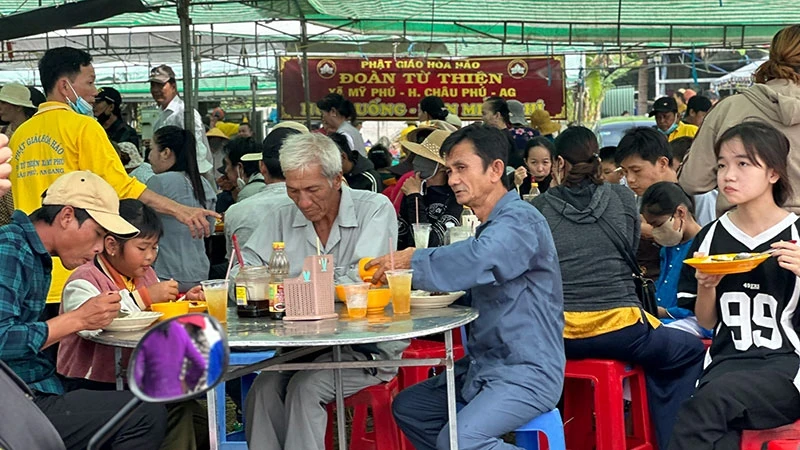
Formed spontaneously in the 1930s, Hoa Hao Buddhism, founded by Mr. Huynh Phu So (born in 1920) in Hoa Hao village, Tan Chau district, Chau Doc province (now Phu My town, Phu Tan district, An Giang province), received attention and attracted many participants.
Based on understanding the needs and legitimate aspirations of the majority of believers, wishing to have a religious organization to guide and disseminate the teachings of Hoa Hao Buddhism to believers for practice and to have a legal place for religious activities and practice, on June 11, 1999, the Government Committee for Religious Affairs issued Decision No. 21/QD/TGCP on recognizing the organization and operation of the Hoa Hao Buddhist Representative Committee, now the Central Executive Committee of the Hoa Hao Buddhist Sangha (Executive Committee).
The event was joyfully welcomed by many Hoa Hao Buddhist followers, thereby showing the attention of our Party and State to the religious life and beliefs of the people, demonstrating the correctness of Vietnam's policy of respecting freedom of belief and religion for all classes of people, including Hoa Hao Buddhist followers.
According to information from the Government Committee for Religious Affairs, up to now, after 5 congresses, the Vietnam Hoa Hao Buddhist Sangha has continuously developed and grown stronger, becoming a 2-level administrative religious organization including the Central Executive Committee of Hoa Hao Buddhism and 400 Executive Committees of communes, wards and towns (grassroots level), along with 14 Representative Committees in provinces and cities directly under the Central Government.
Hoa Hao Buddhism currently has about 2 million followers, living scattered across the country, mainly concentrated in 9 provinces in the Southwest region: An Giang, Can Tho, Dong Thap, Vinh Long, Ben Tre, Hau Giang, Tien Giang, Long An and Kien Giang.
It is noteworthy that in recent times, the Hoa Hao Buddhist Church has mobilized a large number of followers to voluntarily participate actively in social and charitable activities such as: Building new and repairing rural bridges; repairing and upgrading roads; repairing and building charity houses; donating rice and money to provide relief to people in flood-affected areas; helping and supporting poor patients to go to the hospital for medical examination and treatment, etc.
In the first 6 months of 2024 alone, Hoa Hao Buddhist followers contributed more than 200 billion VND to carry out social and charitable activities, contributing to building new rural areas, building solidarity houses, charity houses, and helping the poor.
At the Grand Ceremony commemorating the 85th anniversary of the founding of Hoa Hao Buddhism by the Master Huynh, organized by the Central Executive Committee of the Hoa Hao Buddhist Sangha on June 23, 2024 at An Hoa Pagoda, Phu My town (Phu Tan district, An Giang province), Mr. Nguyen Tan Dat, Head of the Executive Committee affirmed: "Over the past years, all fellow Buddhists together with the Central Executive Committee of the Hoa Hao Buddhist Sangha, the Representative Committees of provinces, cities, and grassroots Executive Committees have diligently practiced, preserved the purity of the true teachings and properly implemented the Master's teachings to develop the "humanistic" religion, associated with promoting ethical values and the quintessence of national culture.
With the direction of "For the Dharma, for the Nation", accompanying the nation, followers of Hoa Hao Buddhism have promoted the superiority of religion, well implemented campaigns and patriotic emulation movements launched by the Party, State, Fatherland Front and organizations; contributed to improving the material and spiritual life of fellow Buddhists in particular and the people in general; actively attached to the community, accompanying religions in the great national unity bloc".
The development of Hoa Hao Buddhism in Vietnam is undeniable. However, with its crazy destructive nature, hostile forces and some extremist and ill-intentioned organizations and individuals overseas still deliberately impose biased and unobjective views on the issue of freedom of religion and belief in Vietnam, among which is the organization BPSOS.
This organization regularly organizes seminars and discussion forums on social networks with the theme "Religious freedom in Vietnam", establishes the so-called "Vietnam Civil Rights Project", proposes the "Vietnam Religious Survey Project",... thereby aiming to attack, distort the guidelines and policies of our Party and State on the issue of religion and belief, and lower Vietnam's reputation in the international arena.
Returning to the incident of BPSOS organizing a discussion on the issue of religious freedom in Vietnam mentioned above, it was the inaccurate information and inaccurate reflection of the reality about the activities of the Hoa Hao Buddhist Church provided by USCIRF that made Hoa Hao Buddhist followers and public opinion extremely indignant and angry.
For example, USCIRF unjustifiably stated that "The Government has established a campaign to destroy this religion"; "The Government has restricted worship activities by destroying scriptures, altars and images of the Master, and prohibiting the organization of major religious holidays"...
This is completely fabricated information, because if there really was a "campaign of extermination" as USCIRF stated, how would USCIRF explain the number of more than 2 million Hoa Hao Buddhists in Vietnam today; as well as the participation of tens of thousands of followers in the important holidays of Hoa Hao Buddhism held annually?
Public opinion raises the question: Was the discussion on religious freedom in Vietnam organized by BPSOS on October 9 just an excuse for this organization to create a forum for USCIRF to present unbiased and baseless information and documents to distort the religious situation in Vietnam, thereby allowing the two sides to continue to cooperate more closely in the campaign against Vietnam?
Observing the activities of BPSOS, USCIRF and a number of other anti-communist organizations with ill will and prejudice against Vietnam overseas in recent times, it is not difficult to recognize the purpose and plot of these organizations behind the false propaganda about the guidelines and policies of the Party and State of Vietnam in the field of religion or distorting the Hoa Hao Buddhist Church as a "lackey of the communist government" because members of the Church's Executive Committee also hold government positions, which is "a violation of the original charter of religion".
Meanwhile, these organizations are trying to promote, promote and embellish the so-called "independent Hoa Hao Buddhism", an oppositional religious organization that stands outside the law to sabotage Vietnam.
That is why USCIRF has called for the creation of "a network of autonomous communities that are closely linked and self-governing with few levels of hierarchy", in which "there is no central authority that has the right to impose its will or control over the followers of this religion (ie independent Hoa Hao Buddhism)"; at the same time, it has called for "religious administrators to resign from the central executive committee if they hold political positions".
At the same time, some reactionary elements tried to connect and contact with followers, finding every way to entice and entice people to join "independent Hoa Hao Buddhism", causing division in the community of Hoa Hao Buddhist followers, inciting people to participate in activities that disrupt security and order, and weaken the regime.
Recently, taking advantage of the fact that some people have used religion as a cover to carry out anti-government activities and have been handled by Vietnamese authorities according to the law, anti-communist organizations and individuals have immediately raised their voices loudly, deliberately turning black into white to accuse the Vietnamese State of "interfering in the religious activities of Hoa Hao Buddhism", "repressing religion", "suffocating religion", "detaining monks for religious reasons".
For example, reactionary elements deliberately swapped concepts, making a big fuss about the incident involving Mr. Nguyen Huu Tan - who they branded as an "independent Hoa Hao Buddhist follower" and was arrested by authorities with the reason that the elements themselves painted as "independent Hoa Hao Buddhist leader". In fact, on May 2, 2017, the Security Investigation Agency (Vinh Long Provincial Police) arrested and urgently searched Nguyen Huu Tan to investigate the act of disseminating anti-state documents as prescribed in Article 88 of the Penal Code.
The Security Investigation Agency took the subject to the police station for questioning. Taking advantage of the moment the investigator left the room, the subject committed suicide with a box cutter. Surveillance camera footage clearly showed the entire incident, and Nguyen Huu Tan's family also confirmed it, but the incident was immediately distorted by anti-government elements, claiming that Mr. Tan was "tortured and murdered", from which they incited and incited people to file complaints and protests against the government.
In fact, in Vietnam, no one is arrested, controlled, or persecuted for religious reasons. Only individuals who violate the law are handled in accordance with the provisions of the law.
Like many countries in the world, in Vietnam, freedom of belief and religion is one of the basic human rights, respected and guaranteed. The Vietnamese Constitution and the 2016 Law on Belief and Religion affirm that everyone has the right to freedom of belief and religion, to follow or not to follow any religion. Religions are equal before the law. The State respects and protects the right to freedom of belief and religion.
However, it must be affirmed that freedom of belief and religion is not absolute, but must be within the limits prescribed by law. No one is allowed to violate freedom of belief and religion or take advantage of belief and religion to violate the law.
This is a necessary requirement to ensure the exercise of people's freedom of belief and religion, and at the same time not allowing any organization or individual to take advantage of belief and religion to infringe upon national security, social order, public health or the basic and legitimate rights and freedoms of others. Therefore, activities that hide behind religion, superstition, impersonate religion, and cause social instability must be exposed, strongly condemned and severely dealt with.
Source: https://baolangson.vn/thuc-hien-quyen-tu-do-tin-nguong-ton-giao-trong-khuon-kho-phap-luat-5027731.html


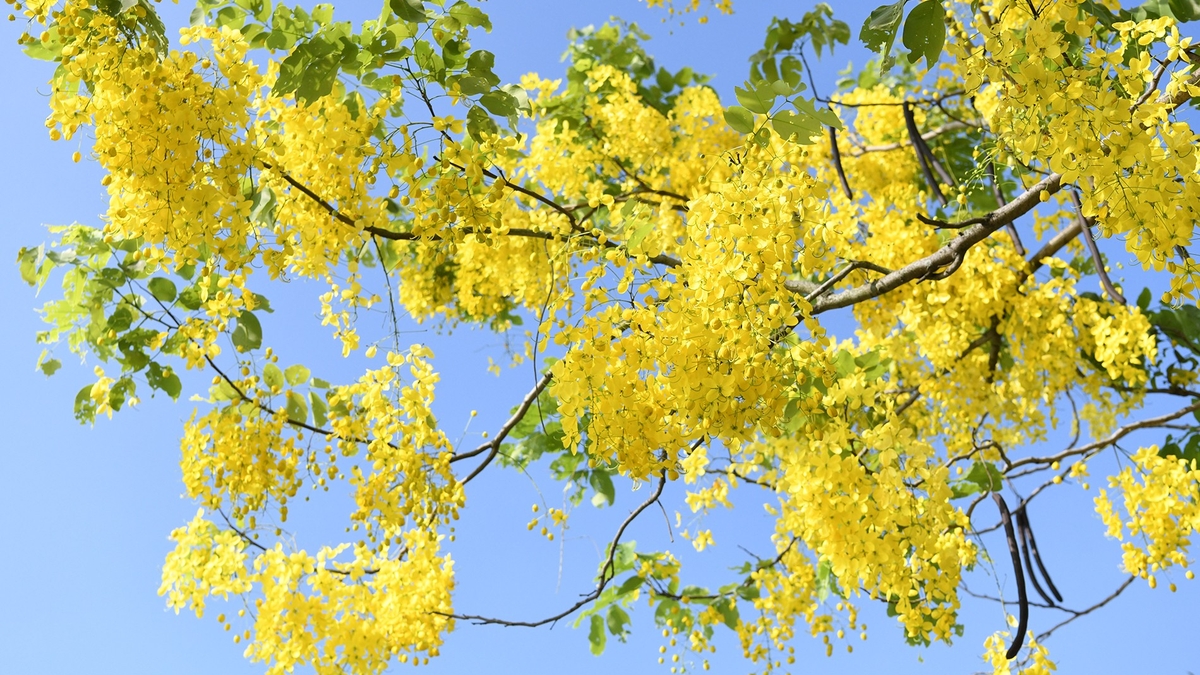
![[Photo] Vietnamese and Hungarian leaders attend the opening of the exhibition by photographer Bozoky Dezso](https://vphoto.vietnam.vn/thumb/1200x675/vietnam/resource/IMAGE/2025/5/29/94d8ceca5db14af3bf31285551ae4bb3)
![[Photo] Prime Minister Pham Minh Chinh meets with Hungarian President Sulyok Tamas](https://vphoto.vietnam.vn/thumb/1200x675/vietnam/resource/IMAGE/2025/5/29/dbcaa73e92ea4448a03fe1d0de6d68e8)
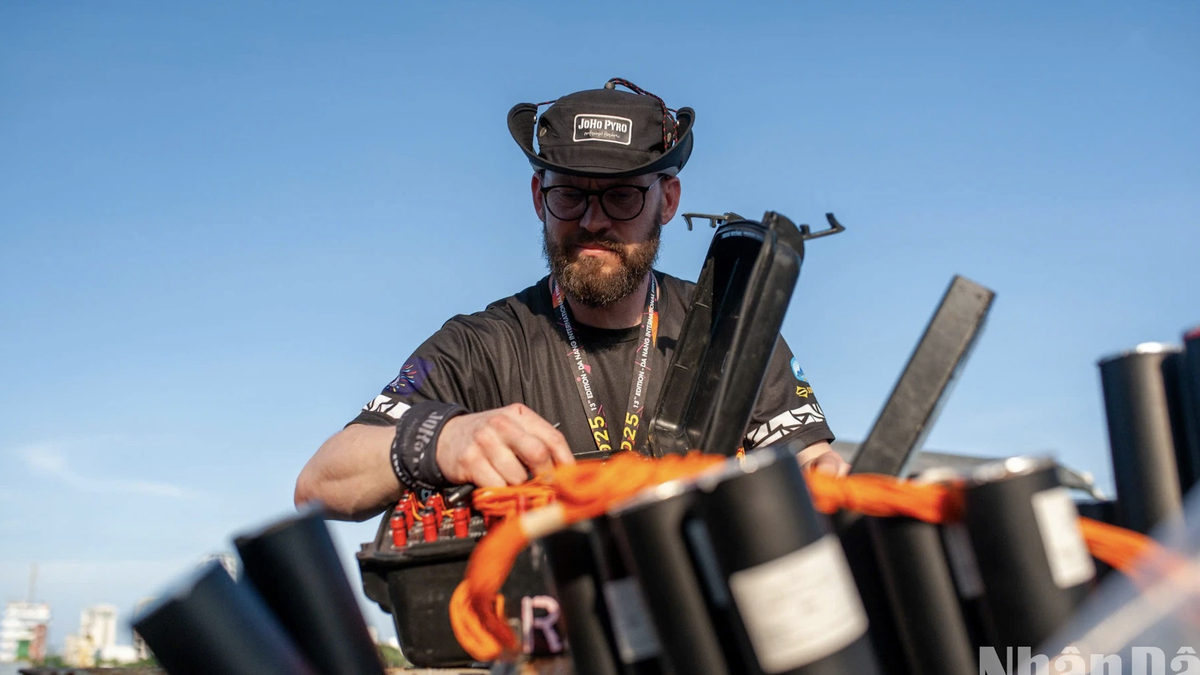

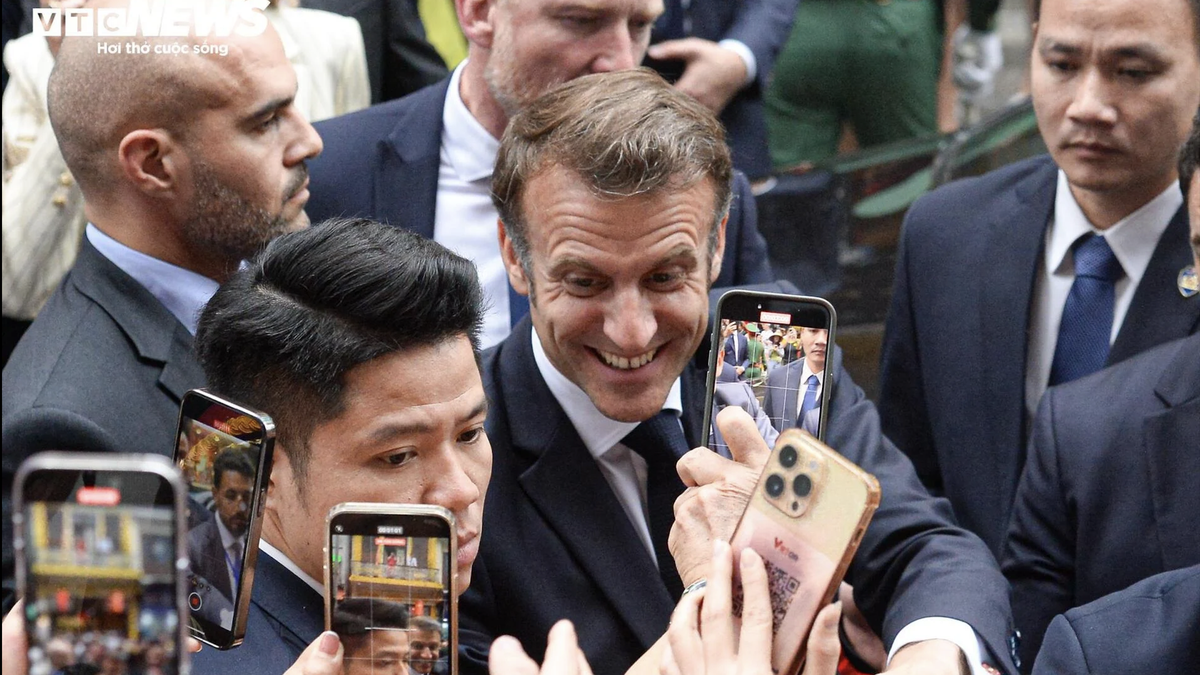




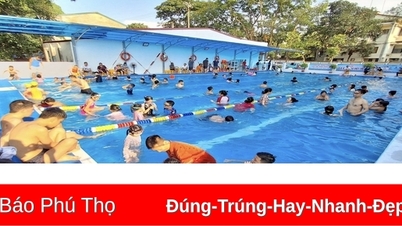

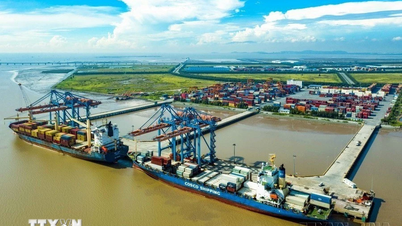



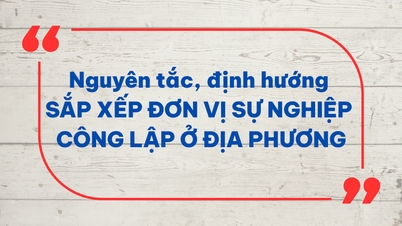
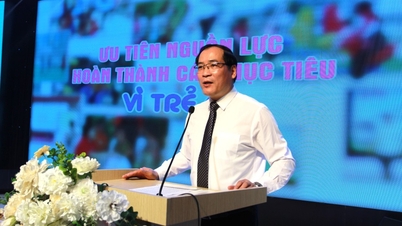

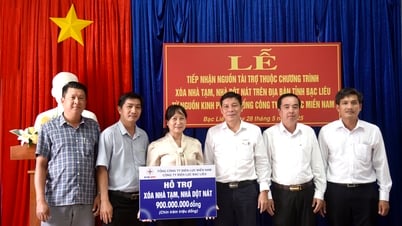
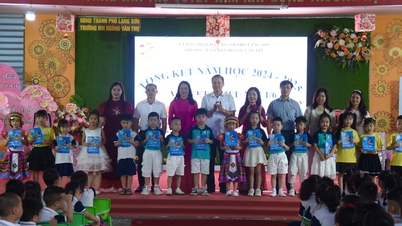

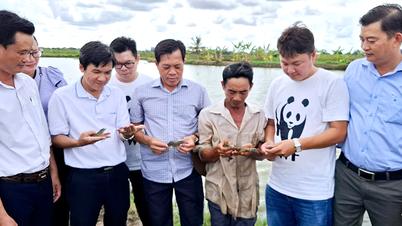




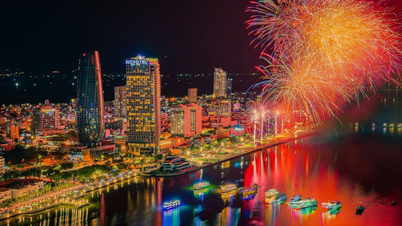
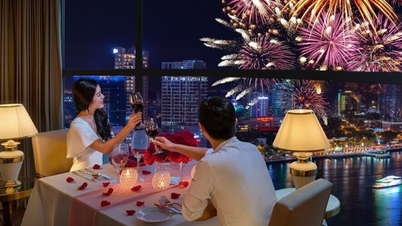


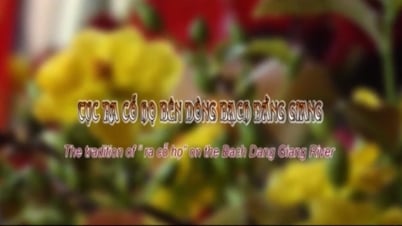

![[Photo] Prime Minister Pham Minh Chinh receives a bipartisan delegation of US House of Representatives](https://vphoto.vietnam.vn/thumb/1200x675/vietnam/resource/IMAGE/2025/5/28/468e61546b664d3f98dc75f6a3c2c880)







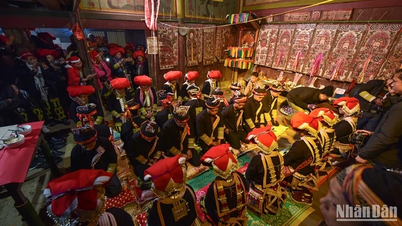










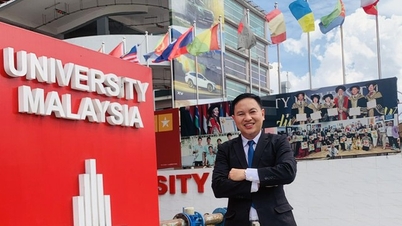




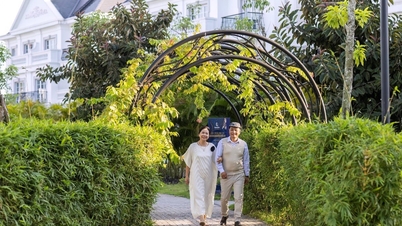
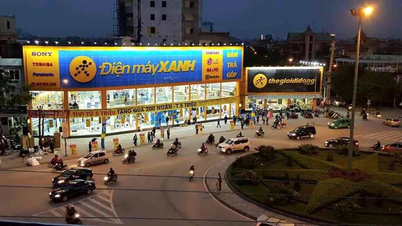


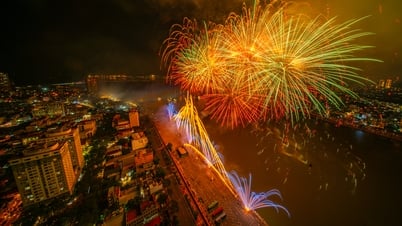
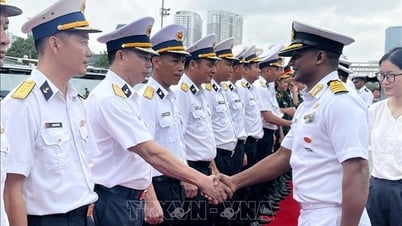

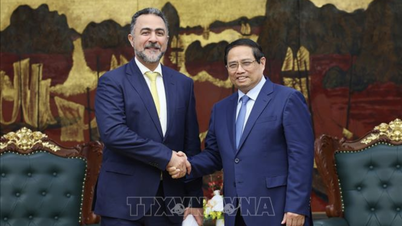

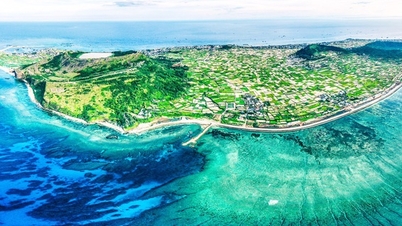
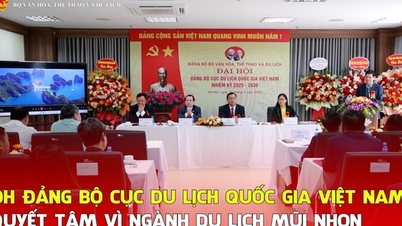
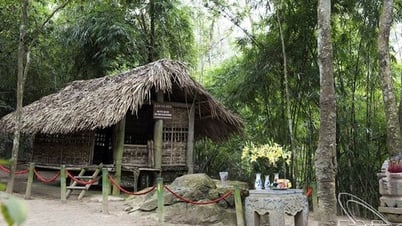
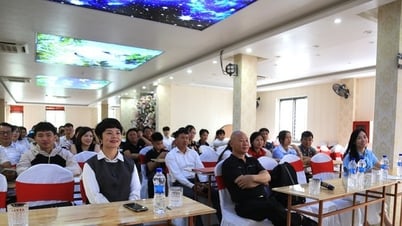
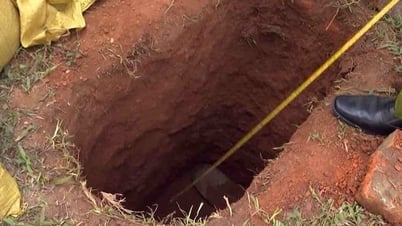


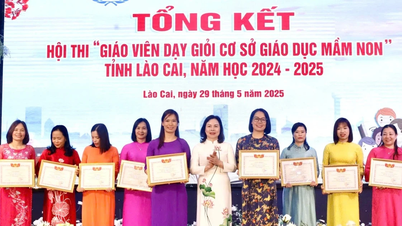

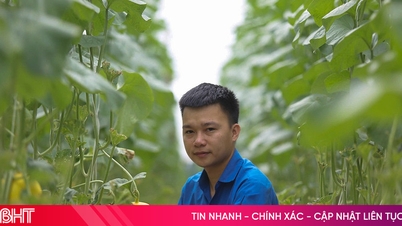



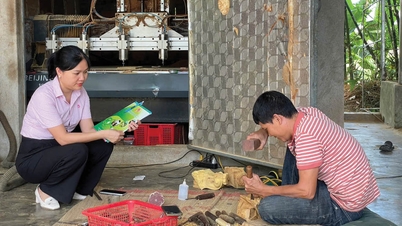

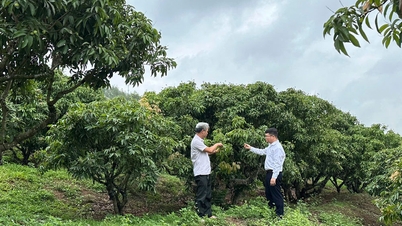

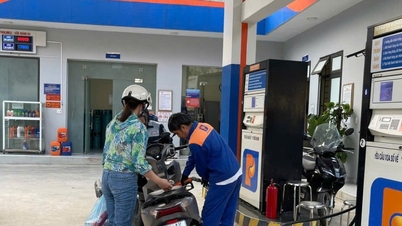









Comment (0)